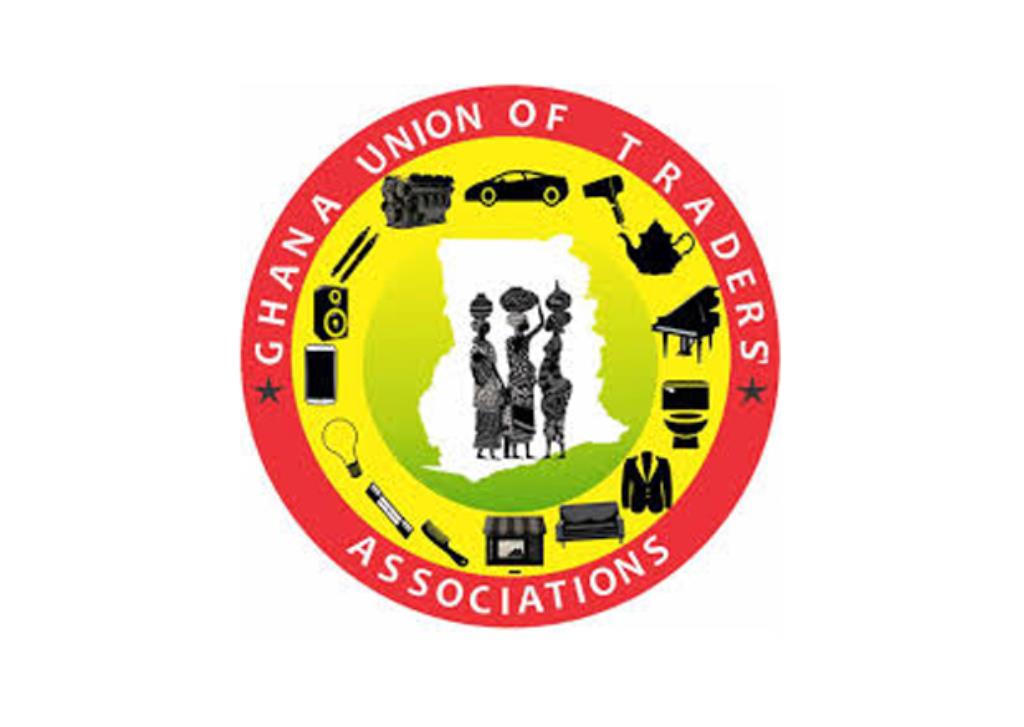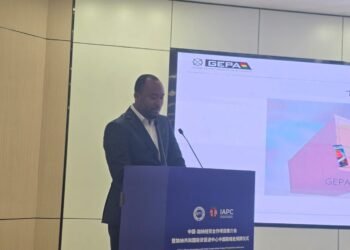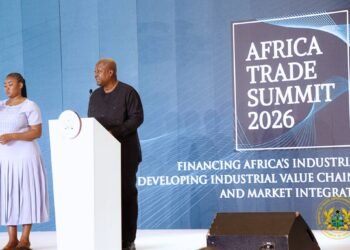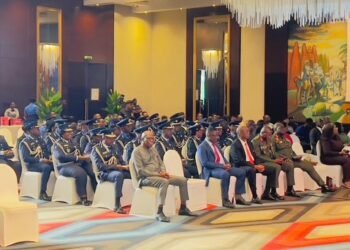The Ghana Union of Traders Association has warned government of an impending massive job losses in the retail market if proposals to review restrictions in that space are allowed.
This follows suggestions by the Chief Executive Officer of the Ghana Investment Promotion Centre, Yofi Grant that, current laws that restrict retail trade to indigenes should be reviewed.
These suggestions have been lingering for some time now. On 19th, June 2020, Mr Grant indicated that if the law is causing problems then it must be looked at again.
“If the law is not helping us, let us look at it and see if we can amend it to remove some of these problems but at the end of the day this is Ghana and the Ghanaian is the most important beneficiary.”
Yofi Grant

GIPC is a Government agency, responsible under the GIPC Act, 2013 (Act 865): to encourage and promote investments in Ghana, to provide for the creation of an attractive incentive framework and a transparent, predictable and facilitating environment for investments in Ghana.
With the lawful mandate of the GIPC in mind, the President of GUTA, Dr Joseph Obeng insisted that, the Centre must explore other avenues for investment other than the retail space.
According to him, government has no business in the retail sector. He indicates that, the state must channel its energies into untapped and neglected sectors that need more government attention.
“That can never be the priority of government. And it shouldn’t be the priority of government that, I’m seeking Foreign Direct Investment into the retail space. It doesn’t make sense. Anyway, we have to drive our investments to areas that we do not have capacity, to the areas that require technology, to areas like agriculture where we need the large scale equipment to till the land and all that, then you are seeking a positive and strategic investors into your country to enhance on your economy. That’s what the thinking should be.”
Dr Joseph Obeng
GUTA has been very aggressive in its efforts to curtail non-Ghanaians from the retail market.
Last year, in November, the association threatened and actualized the closure of some foreign owned retail shops.
Briefing the media in Accra, on 18th November, 2019, the Vice President of GUTA, Mr Osei Brogya said, the association had exhausted all the required and possible avenues for negotiation with the state authorities to curb the issue, yet it seemed the state was not ready to enforce the laws. In that regard, he said the members of the association were not going to sit aloof while foreigners take over what belongs to them.
“It is impossible for us to sit and look on helplessly while foreigners invade our territory when our past leaders in their own wisdom believed that it is not only important but also necessary to reserve an area of the economy for indigenes and enacted laws to that effect to protect the area and avoid any rift.”
”The total failure of the relevant stakeholder state institutions to enforce the Ghana Investment Promotion Centre, (GIPC) Act 865 relating to retail trade by foreigners in the country has created unbearable situation that can easily cause upheaval and possible eruption in the country.”
Mr Osei Brogya

The complex nature of the situation became apparent as one Nii Agyei in an interview condemned GUTA for locking up the shops. He pointed out that,
“we are Ghanaians; our only crime is that we work for Nigerians but, if you close the shops, how do we fend for ourselves and family?”
He indicated that, GUTA’s actions had the potential to worsen the country’s unemployment situation and therefore make prevalent social vices among the youth in the country who had been employed by foreigners.
“This is not the first time they are doing this but today’s own has been very severe. We are tired and we expect government to do something about this issue else we will have a re-think in the elections.”
In an academic article titled, Understanding the Implications of Migrant Retail Trading in Ghana: A Stakeholder Perspective, Elijah Yendaw explained that one major problem is the disparity in the sub-regional protocol and Ghana’s laws.
“For instance, while at the sub-regional level, the Economic Community of West African States [ECOWAS] Protocol on free movement of persons, right of residence and establishment in 1979 mandated all member states to stop demanding visas and residence permits, and allow West Africans to undertake commercial activities within their territories (ECOWAS Commission, 2014), at the national level the Ghana Immigration Act (Act 573) and the Ghana Investment Promotion Centre (GIPC) law (Act 865) have set conditions for investment and other economic activities of immigrants in the country.”
Elijah Yendaw
A Nigerian shop owner at the time who argued that he had reason to do legitimate business in the country as he had the necessary work permit.
“They did not even allow me to pack my goods which I just took delivery of into the shop, so does it mean I will have to sit here all day to watch over them and what if it rains, they will just be destroyed.”
However, the investment laws of Ghana do not prohibit foreigners from investing in any aspect of the economy. The GIPC Act has specified economic activities that are wholly reserved for indigenes in Section 27 of the Act. With respect to foreign investment, the investment law (GIPC Act 865) requires an immigrant to have a minimum liquidity of US$ 1million to invest.

Section 27 of the GIPC Act talks about the entry, admission and protection of investment as well as the activities reserved for Ghanaians and Ghanaian owned enterprises.
The Section reads:
(1) A person who is not a citizen or an enterprise which is not wholly owned by citizen shall not
invest or participate in—
a) the sale of goods or provision of services in a market, petty trading or hawking or selling
of goods in a stall at any place;
b) the operation of taxi or car hire service in an enterprise that has a fleet of less than
twenty-five vehicles;
c) the operation of a beauty salon or a barber shop;
d) the printing of recharge scratch cards for the use of subscribers of telecommunication
services;
e) the production of exercise books and other basic stationery;
f) the retail of finished pharmaceutical products;
g) the production, supply and retail of sachet water; and
h) all aspects of pool betting business and lotteries, except football pool.























